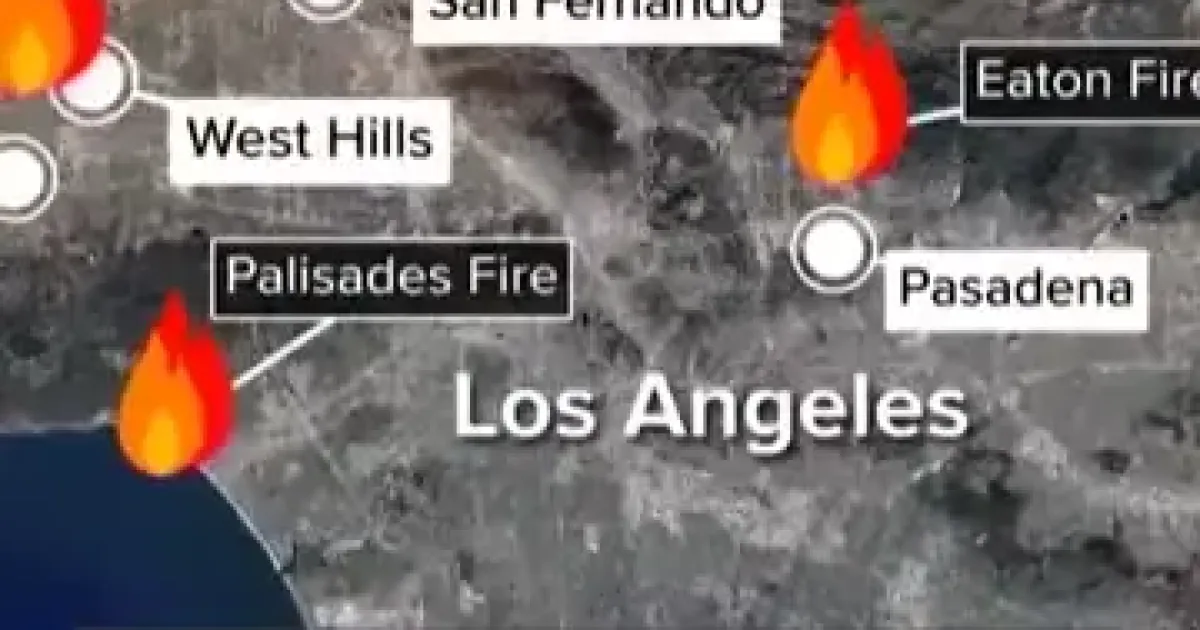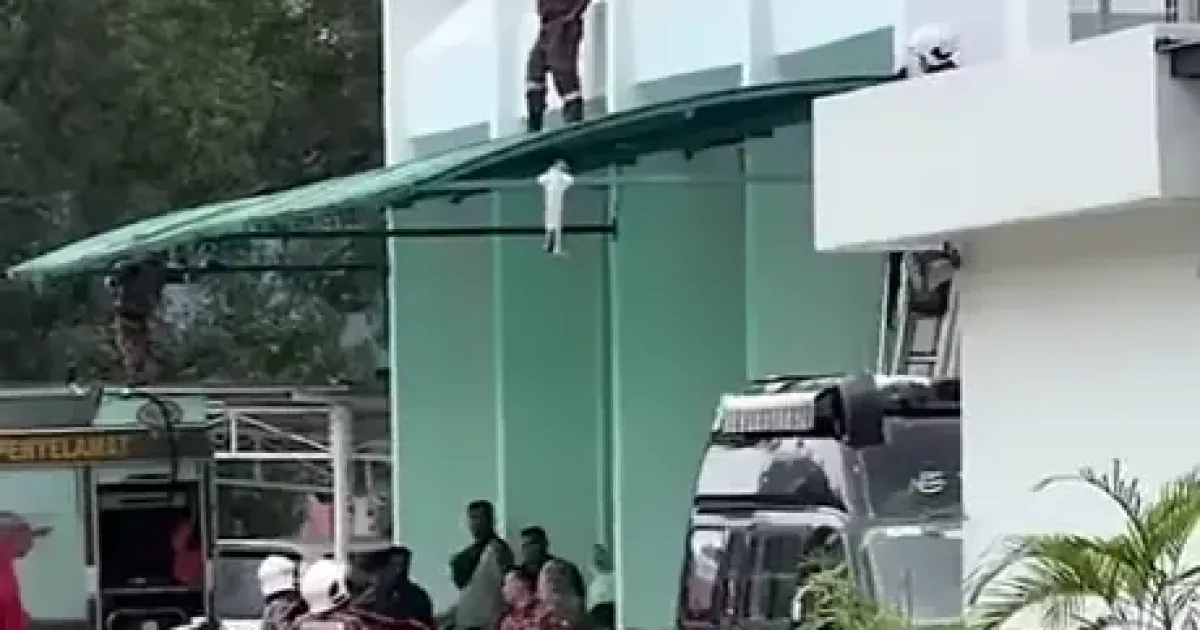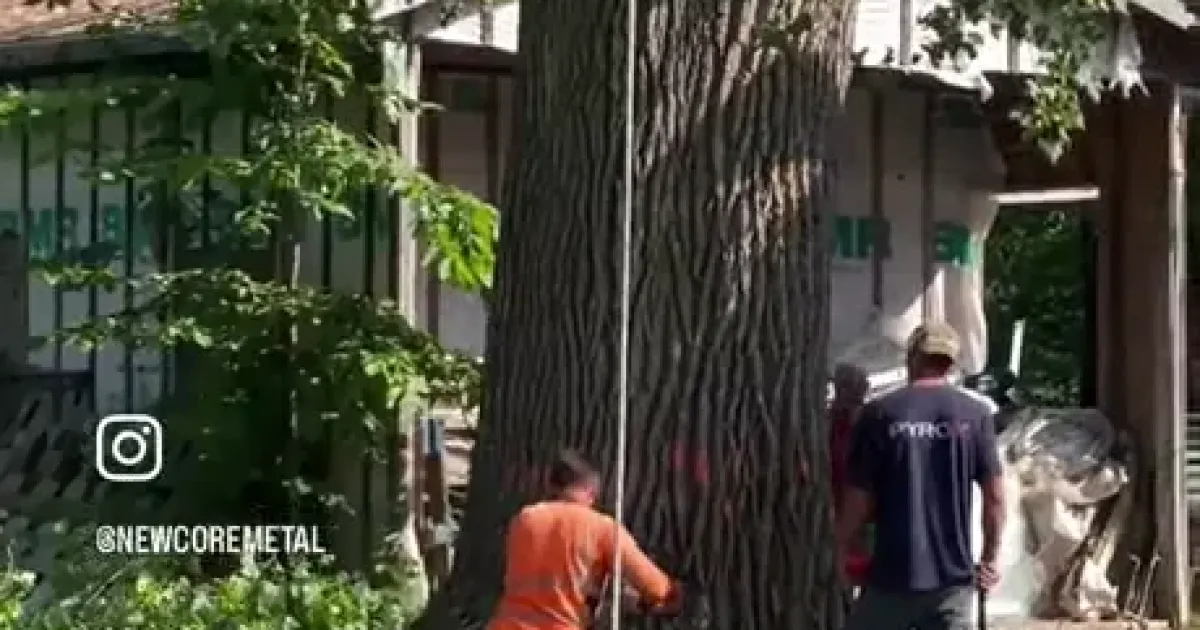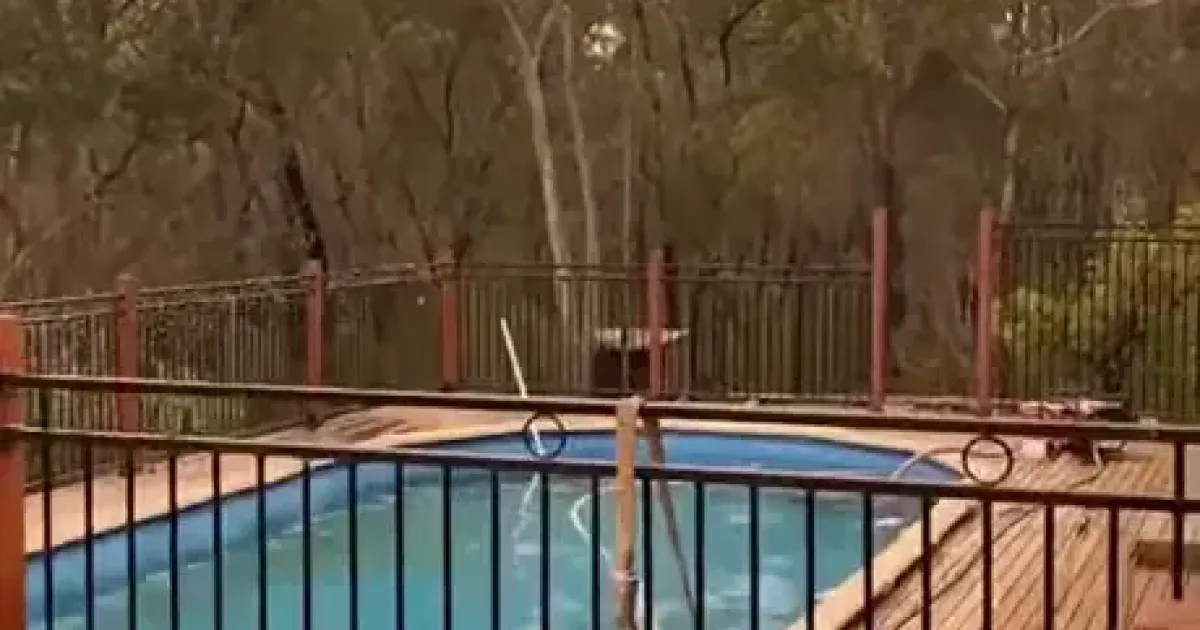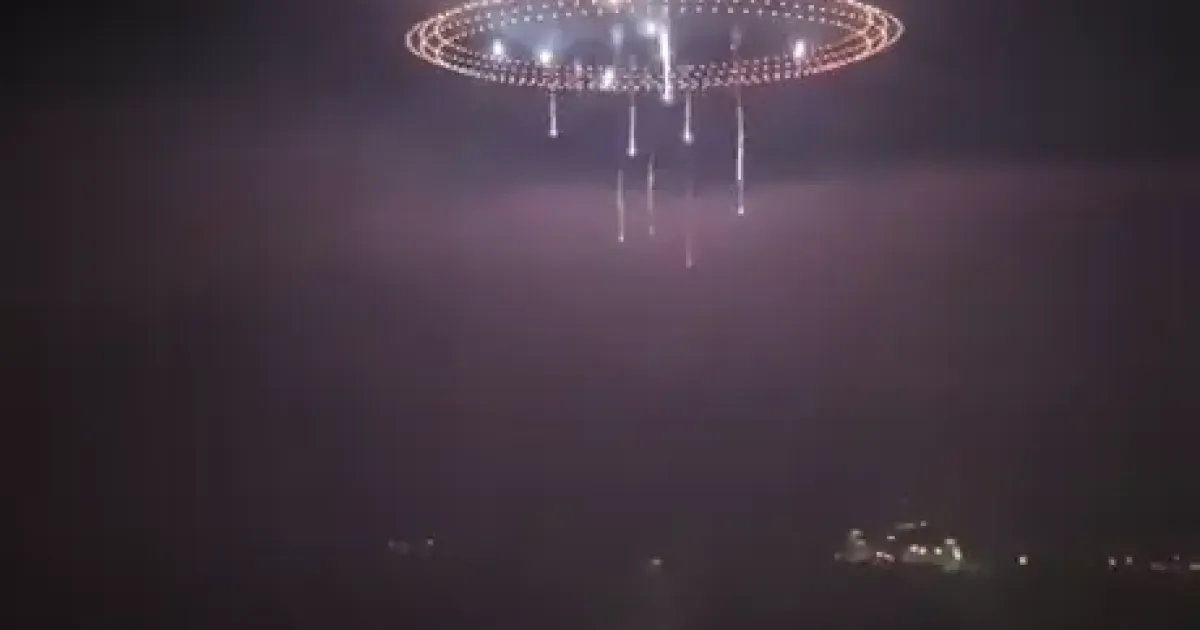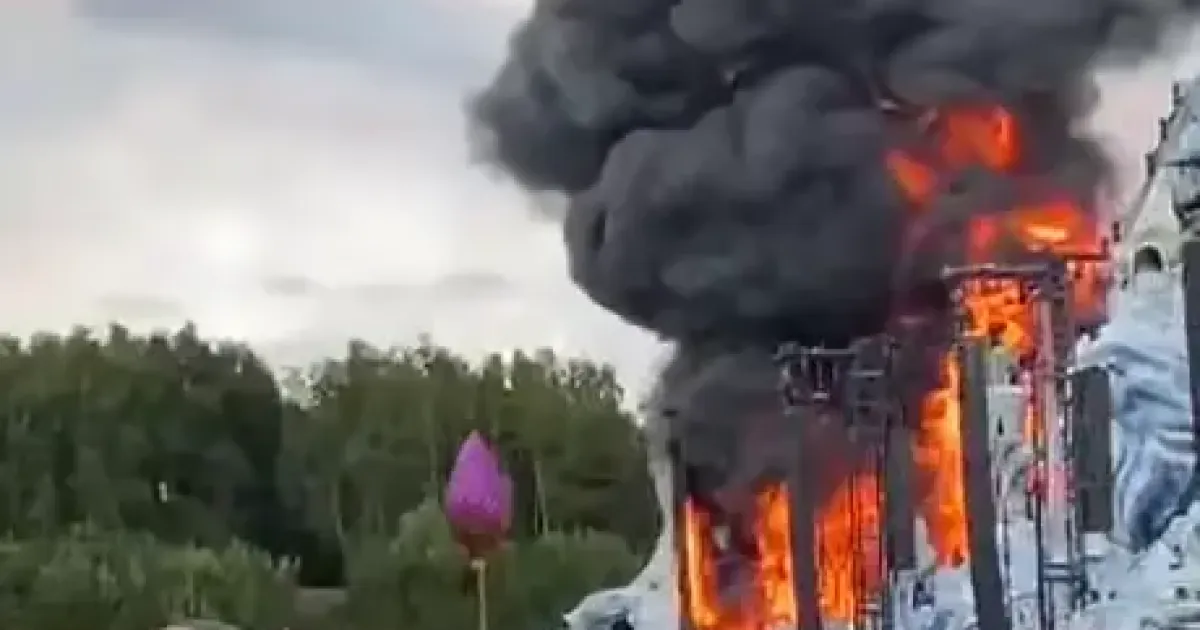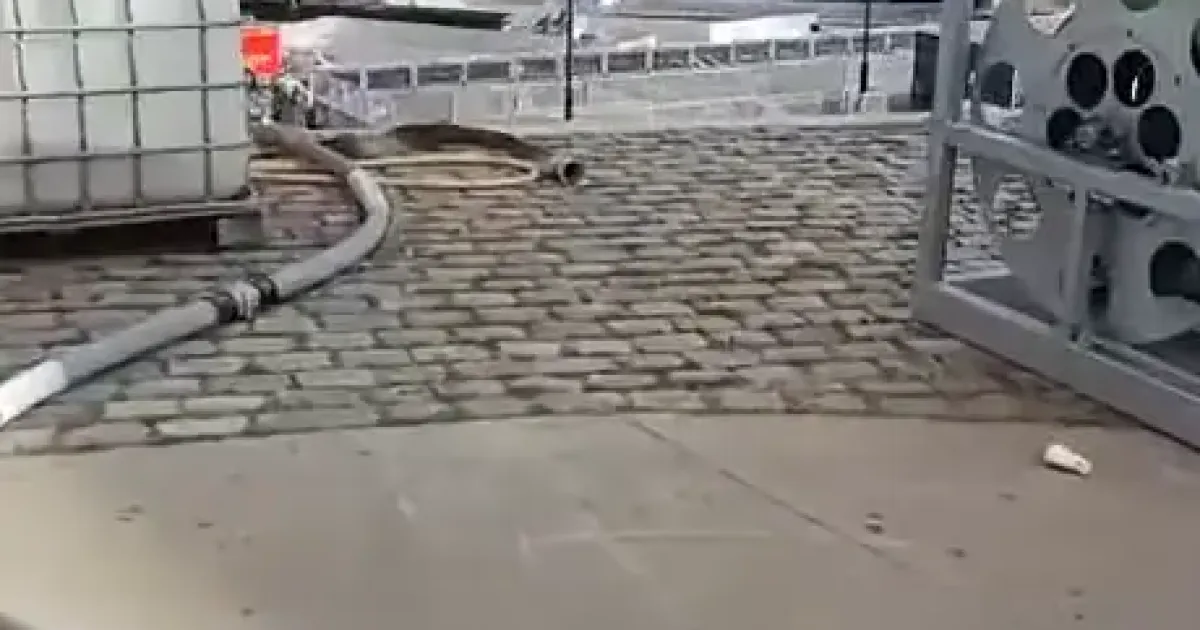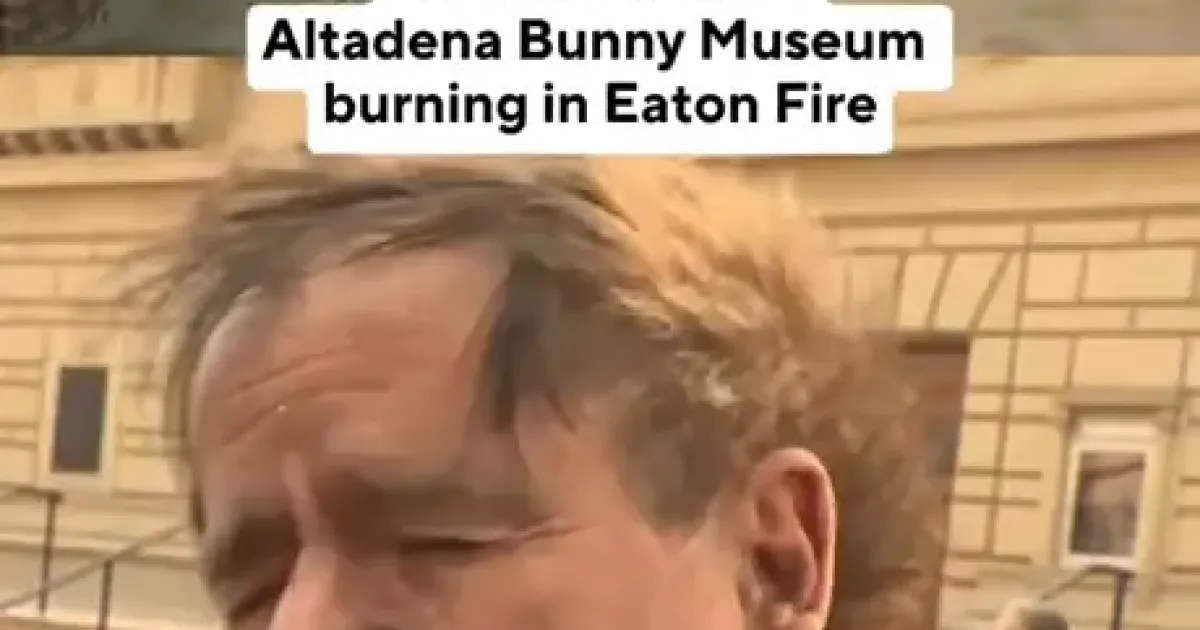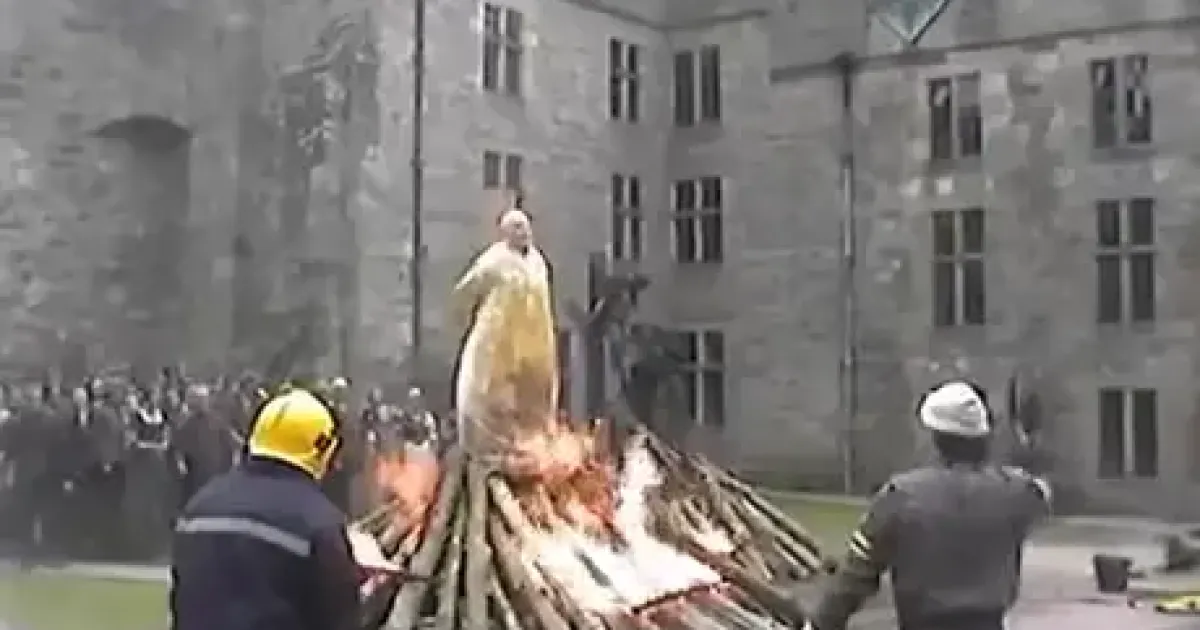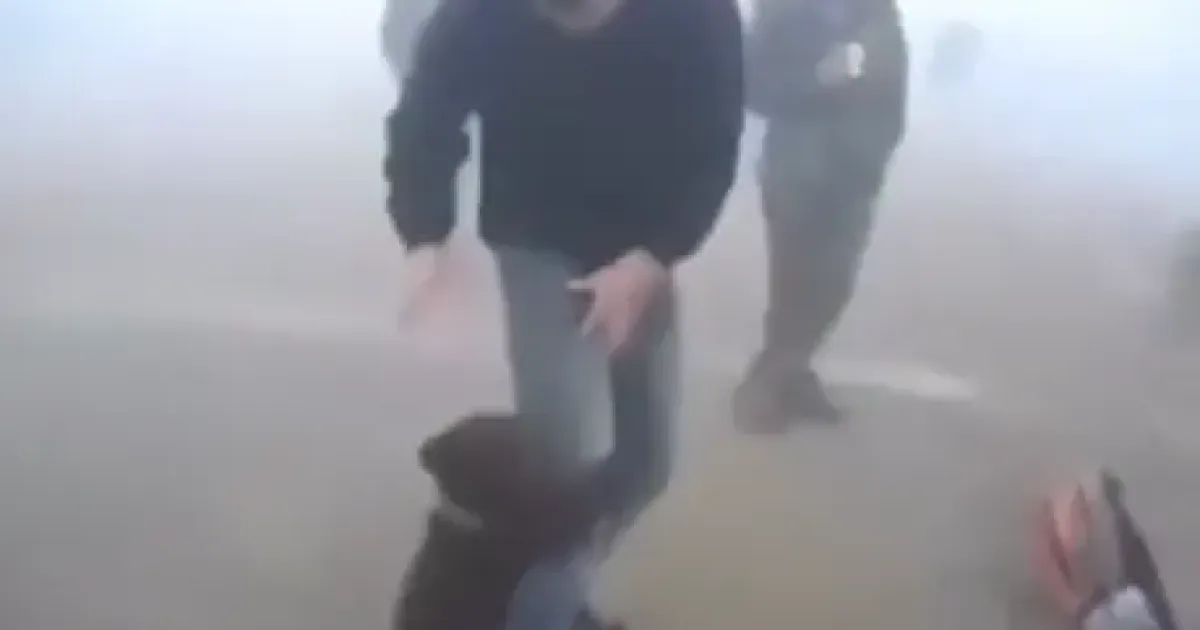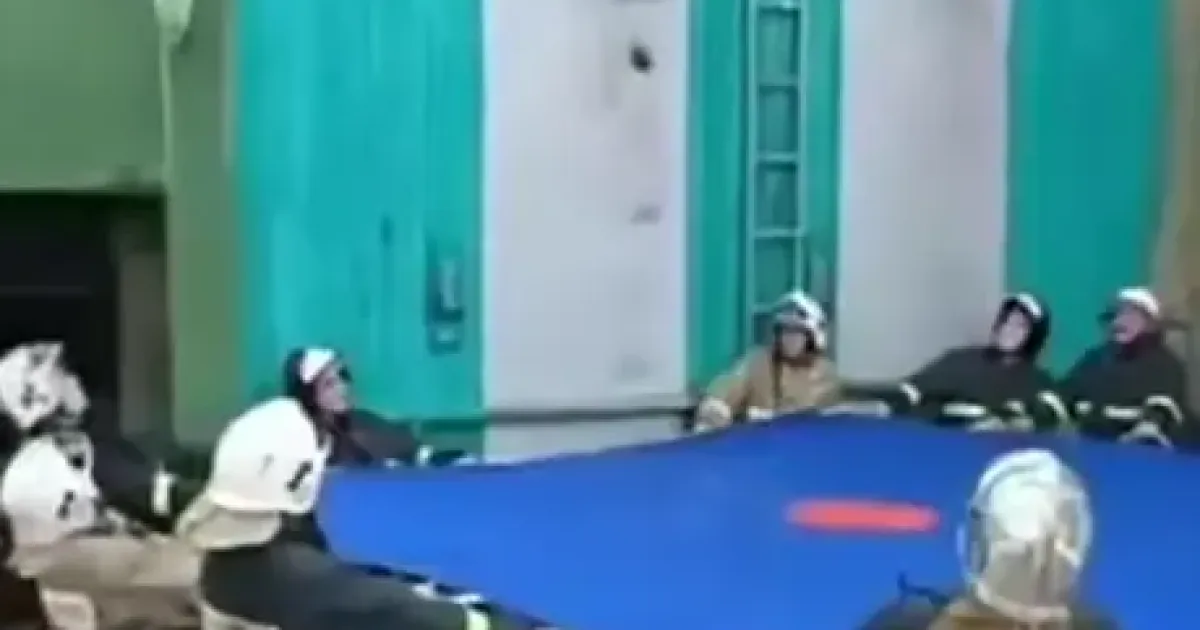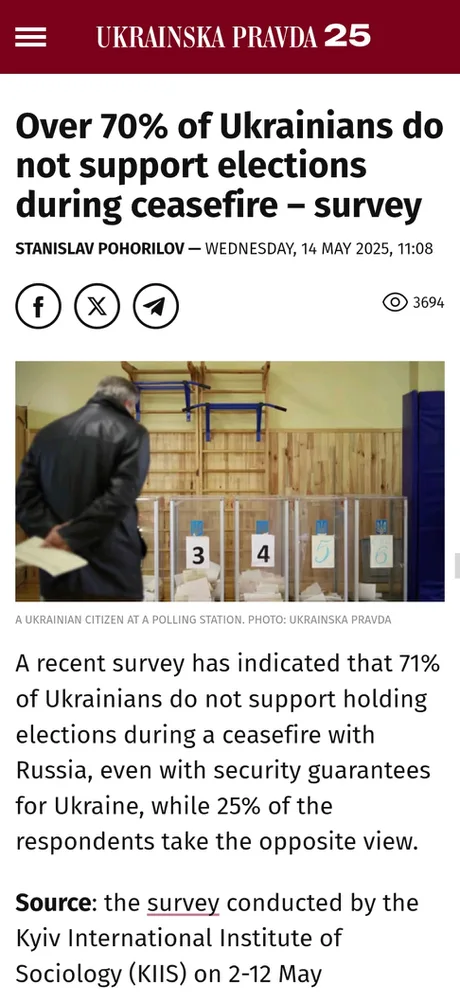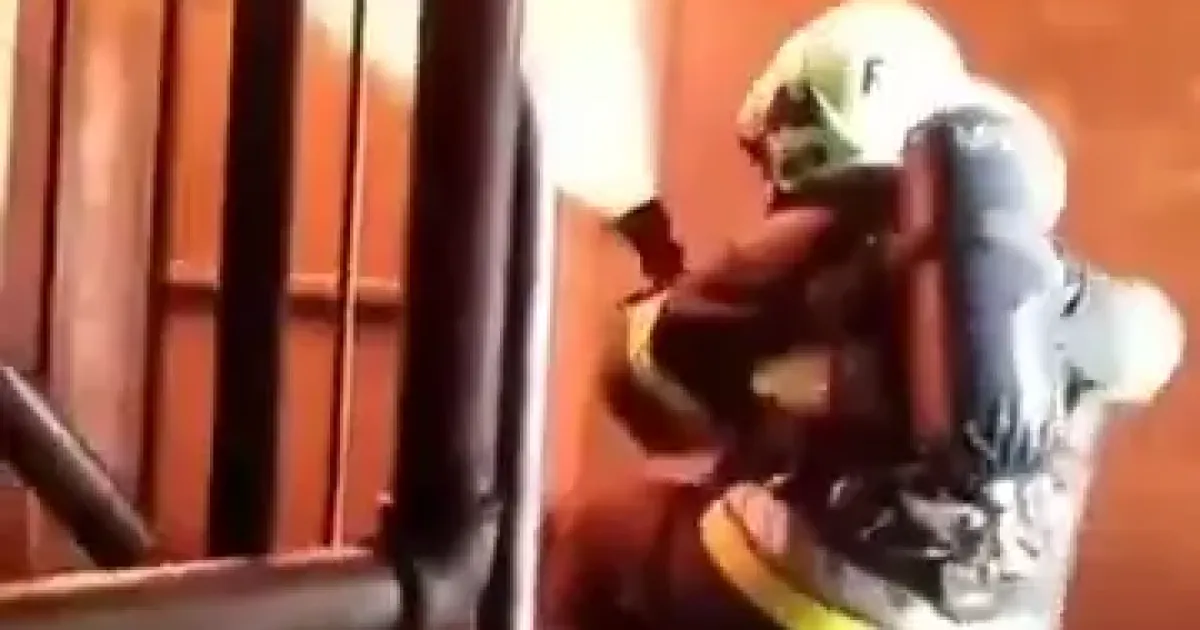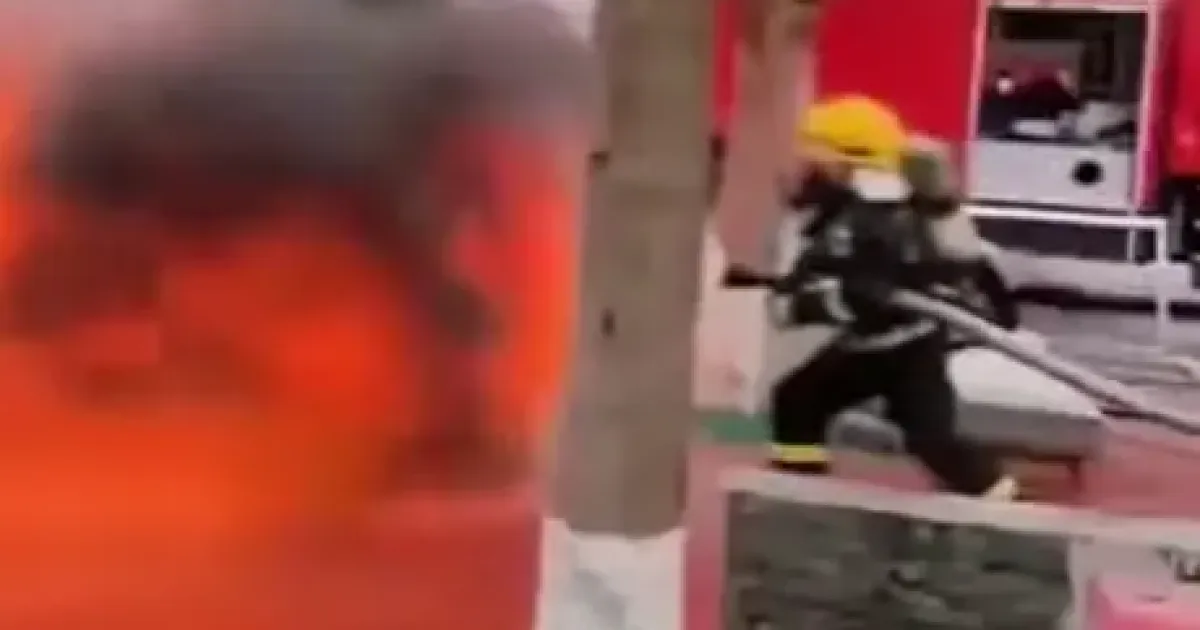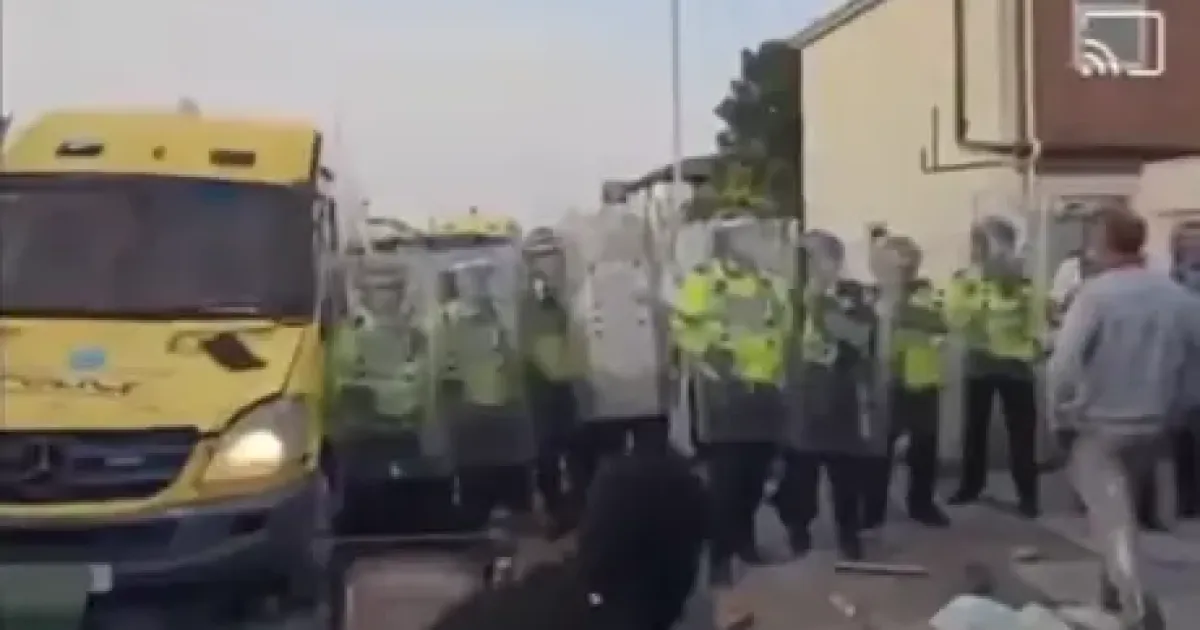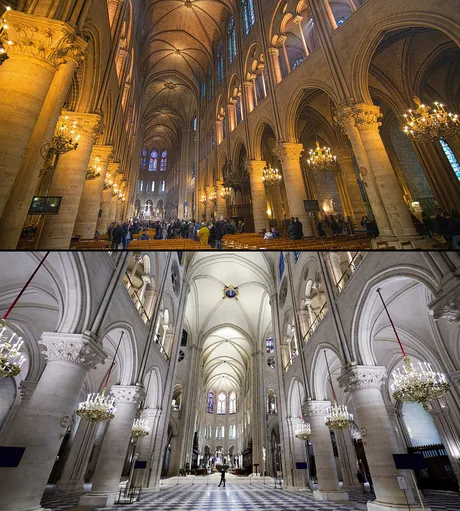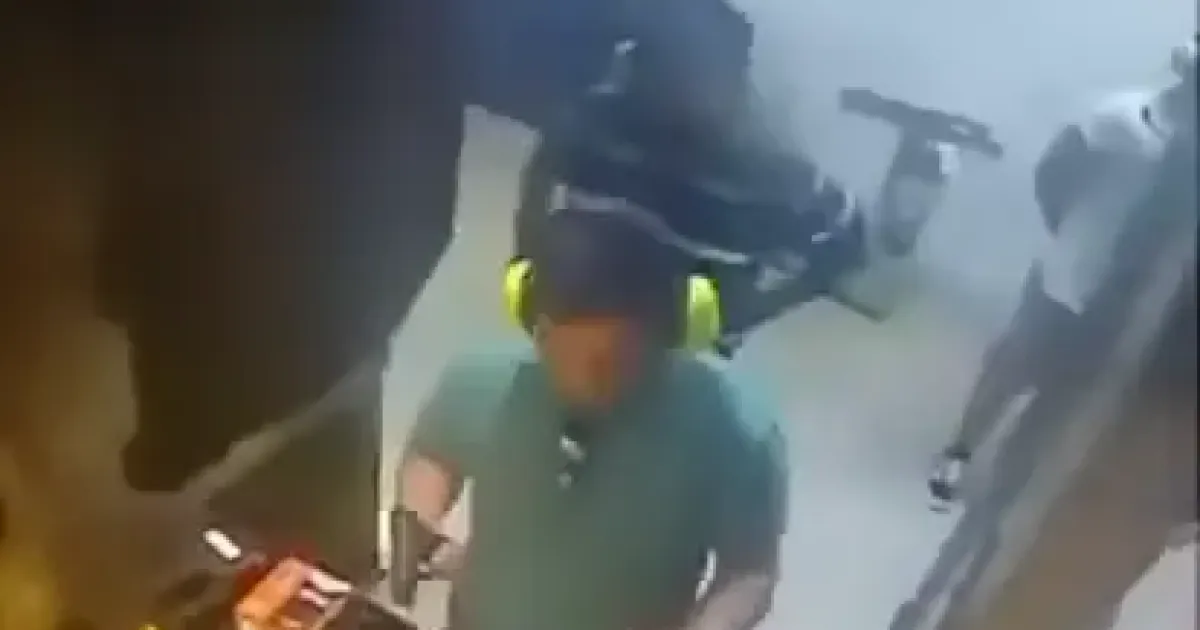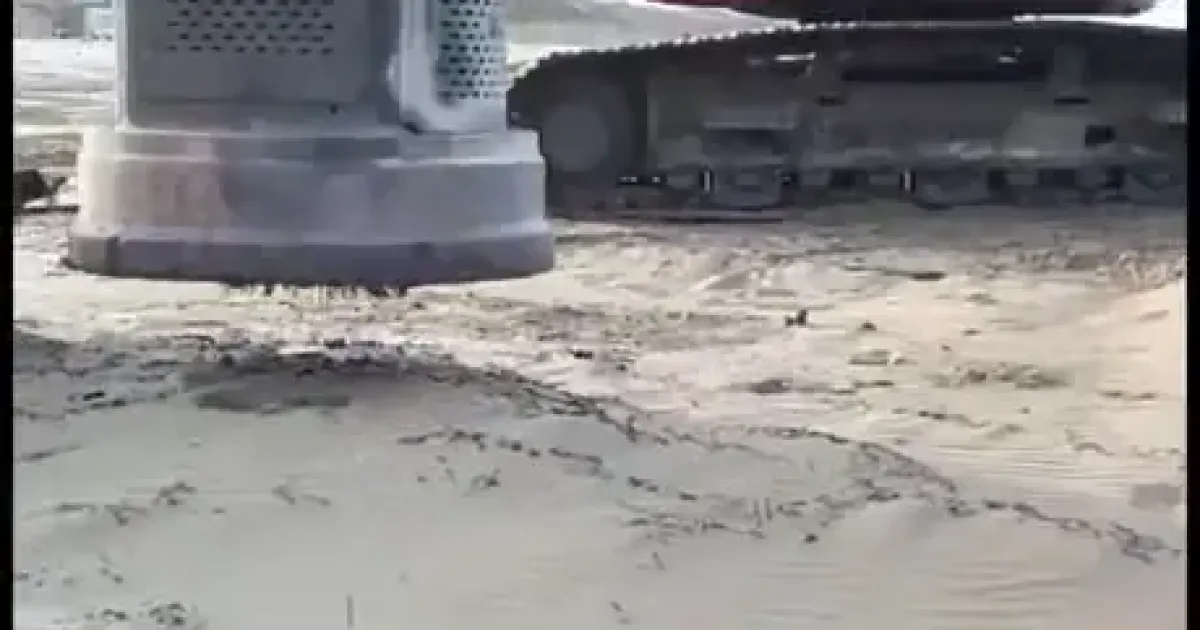
FedEx flight catches fire after colliding with bird during takeoff from Newark airport
FedEx Flight 3609 declared an emergency and returned safely to Newark Saturday morning, according to FedEx. No injuries were reported, officials said.
A FedEx cargo plane traveling from Newark to Indianapolis struck a bird during takeoff Saturday morning, according to officials.
FedEx Flight 3609 struck the bird while departing, damaging one of the Boeing 767's engines, the Federal Aviation Administration said in a statement.
#NBCNews #News #FedEx
Read More...
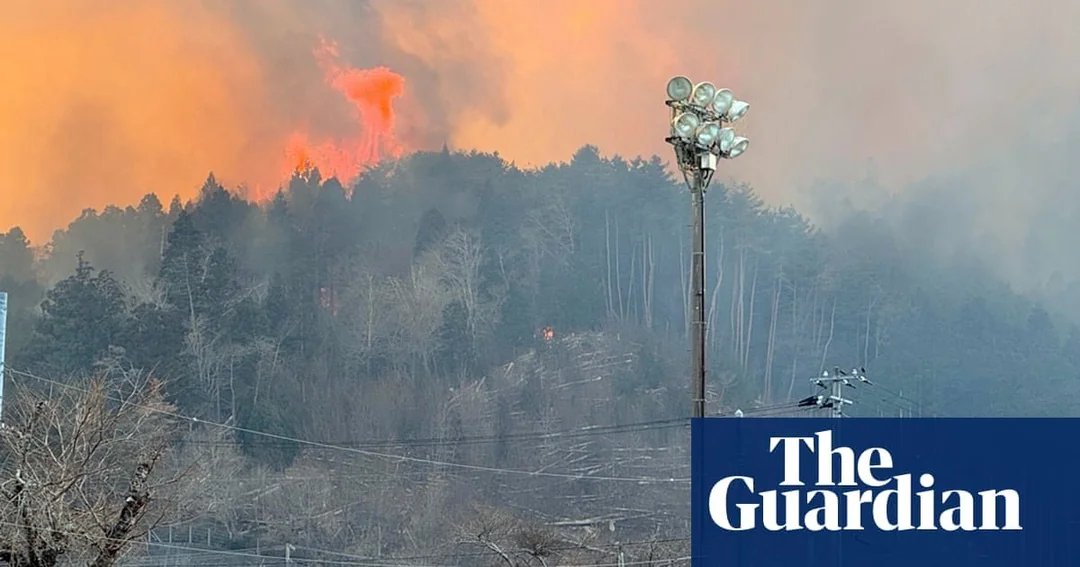
Japan battles largest wildfire in decades
More than a thousand people have been evacuated as Japan battles its largest wildfire in more than three decades.
The flames are estimated to have spread over about 1,200 hectares (3,000 acres) in the forest of Ofunato in the northern region of Iwate since a fire broke out on Wednesday, according to the Fire and Disaster Management Agency.
“We’re still examining the size of the affected area, but it is the biggest since the 1992 wildfire [in Kushiro, Hokkaido],” an agency spokeperson said.
That fire burned 1,030 hectares, the previous record. About 1,700 firefighters were being mobilised from across the country, the agency said.
Aerial footage from the public broadcaster NHK showed white smoke billowing up and covering an entire mountain.
Local police found the body of one person who had been burned, while more than 1,000 nearby residents have been evacuated and more than 80 buildings had been damaged as of Friday, according to the Ofunato authorities.
#Japan #News #WildFire #TheGuardian
Read More...

